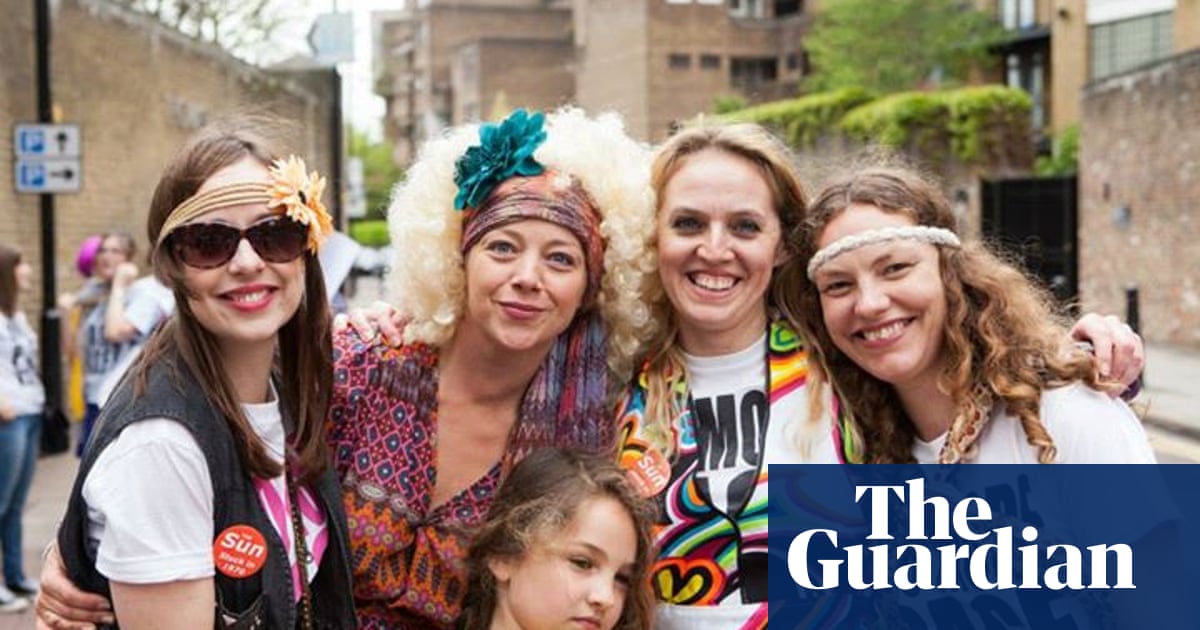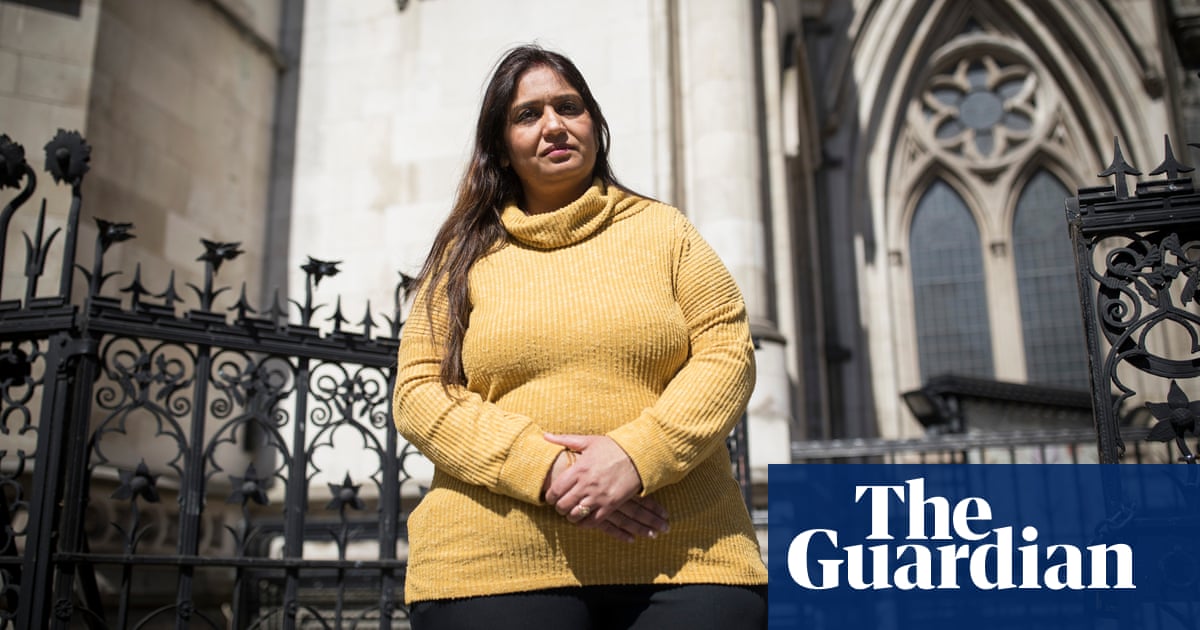
As we all enter a second month of lockdown, the feeling of what’s happening now reminds me of what it was like when my partner Jesse died. The world shifts on its axis and everything changes. You grieve the life you’ve now lost because it will never be the same again. You have to relearn how to live.
Back then, a little over four years ago, our grieving began at the point of diagnosis. It was the realisation that our lives as we knew them were over, that we were about to embark on a disorienting journey of treatment and survival. It was the process of learning, again, how to do normal things, having just a year earlier undertaken the same challenge when our son was born. How to eat, how to sleep, how to work, how to be an adult – and now with the added layer of cancer bearing down on us.
The tumour in Jesse’s leg grew; the rareness of his incurable disease closed off most treatment options to us other than surgery. We saw an indefinite future of fighting off the spread with more, cutting bits of him away. Just two years later he was gone. The final emergency operation to cut out the tumours that had spread to his brain was successful, apart from the fact that he never woke up.
In the time since his death I’ve rebooted life, this time as a single parent. And in the last month I’ve done it once more as the pandemic has forced another seismic shift in the way we all live. That destabilising feeling of the ground giving way under our feet feels familiar to me. This time though, we’re all simultaneously in our own centres of grief, clinging to routine, safety and connection, even as we grapple with the fear and loss.
What is such an anxious, unmooring and devastating time for so many means a blind grab onto what’s left that is normal. It is explaining the different kinds of sickness to my now five-year-old son, to whom being sick means his father will die. Both then and now in this lockdown, his distress has been expressed with a plea to move back to our old flat in Coogee, the last place he felt complete safety with both his parents. I explain to him how the pandemic can mean death for some but not for others. How all of us are susceptible to it. How much sickness can upend our lives, and why it means we must stay inside. How, contrary to everything he’s learned in life so far, staying apart from our friends shows we care about them. How if we are lucky – and so far we are lucky – we will still get to live fantastic lives.
It’s deja vu.
When I imagine Jess being here now, it’s much less about the painful ache of his absence. It’s the fun of thinking of him here in his element, cancer erased from the scenario, prepping for a lockdown. He’d have arranged provisions for the family, escape strategies and home-school planning at the ready. I laugh about it with his best friend Jamie, about how expert and comforting and thoroughly annoying he would have been, making sure we would be prepared for the worst, that our insurance premiums were up to date.
At the start of the year, I took a slightly cringeworthy step into the world of online dating. I felt ready for human connection, outside of the ones I’d renegotiated with the world as a widow and parent. Two years after losing my partner I was navigating this new space with all the associated weirdness of awkward interactions, good intentions and confusing signals from a sea of people working out what they want from others (same, TBH).
We’re all confused right now. The Covid-19 lockdown has forced us into accelerated reinventions of our key relationships, both personal and professional. Over the past four or so weeks of concentrated corona grief, my isolation began with a week overloaded with Facetimes and House Parties with colleagues and friends I may not have seen in ages. We’ve made an aggressive grab for the closest digital approximation to a hug or IRL hangout by way of virtual drinks with pals. I’ve spent more time on the phone in the past month than I have in the past year. And Siri, what is Zoom etiquette? It’s an uncanny version of normal life, an exhausting attempt to expand our worlds artificially while we’re cooped up inside. For all our pre-pandemic fears of being too online, there’s no substitute for the real thing.
As the lockdown continues, we slowly find new routines to help us navigate this new strange and scary world. I’ve flattened my crying curve after an initial spike when this all started. I’m still casually swiping through the apps. The allure of instant connection during a time when we’re all forced apart continues, but I dodge the thirstier chats (single people are really freaking out right now) in favour of matching with someone in a far flung place like Michigan to ask, how is your pandemic looking? Are you ok?
I might be doing the apps wrong. I’ve ended up with some connections I didn’t quite expect. My biggest successes were people like Alice, a thoroughly good human whose gentle romantic rejection of me after we met resulted in a friendship I wouldn’t exchange for anything. And Gregory, who still sends me bits of encouragement and advice as I move in and out of states of madness trying to understand other people.
Two years ago when Jess took his last breath, though so overwhelmed and in shock, I thought: I am so lucky. To have had him for the time I did. To be able to find a new way to live, to be happy, to endure. To have a community that I love. To have the time and space to grieve and to still find things funny, often at the same time. To be able to look forward.
I think about all of this as I process grief now along with everyone else, about how lucky so many of us still are. About the surprising things I miss and realise I can’t do without or the things I still have now in this isolation, like the way my kid laughs at me after he begs to be picked up so he can fart on my hand on purpose. Or the intense hugs and uninterrupted eye contact I’ll give every friend when we’re finally allowed to. Maybe a date. The world has still so much to offer when this is all over. For now it is enough to know that joy exists, that I have felt it, and that it will come again.












